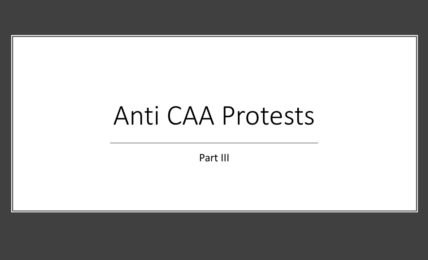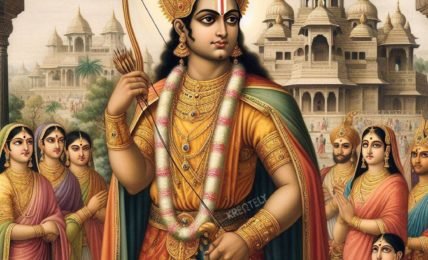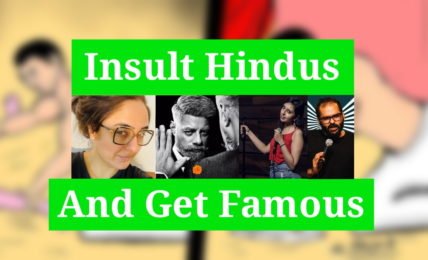50% of Indian Americans experienced discrimination in past year, study finds
Indian politics has also created social fissures in U.S. communities, but Vaishnav noted that surprisingly, Prime Minister Narendra Modi enjoys support in the U.S. from Indian Republicans and Democrats alike.




